Here is some sample code I have basically written thousands of times in my life:
// find bestest thingy
Thing bestThing;
float bestGoodness = FLOAT_MIN;
foreach( Thing x in arrayOfThings )
{
float goodness = somefunction( x.property, localvariable );
if( goodness > bestGoodness )
{
bestGoodness = goodness;
bestThing = x;
}
}
return bestThing;
And it seems to me C# should already have something that does this in just a line. Something like:
return arrayOfThings.Max( delegate(x)
{ return somefunction( x.property, localvariable ); });
But that doesn't return the thing (or an index to the thing, which would be fine), that returns the goodness-of-fit value.
So maybe something like:
var sortedByGoodness = from x in arrayOfThings
orderby somefunction( x.property, localvariable ) ascending
select x;
return x.first;
But that's doing a whole sort of the entire array and could be too slow.
Does this exist?
